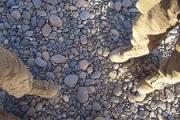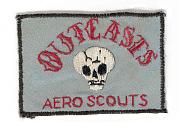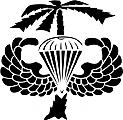General Dunlap's central conclusion that land forces "will be of little strategic import in the next war — the one we ought to be thinking about and planning for now" is questionable for three reasons:
First, we have a poor track record of predicting the locale and character of the next war. Some examples: Because of the atomic bomb, we were convinced that ground forces and surface navies were outmoded in 1949. The Korean War (for which we had no plans) proved otherwise. The force that did so well in Desert Storm was designed to meet an enemy on the plains of Europe. Afghanistan was the last place on earth that the Pentagon thought we might have to fight. Sadly, our advances in technical intelligence have not improved our ability to predict any specific war.
Accordingly, we ought not prepare our forces for a single war scenario — neither "the one" in East Asia, as Dunlap would prefer, or the global war on terrorism, as some single-focus, ground-force advocates would advocate. Rather, we must be prepared to fight whatever war is deemed by the president and the Congress to be in our national interest. We must have a full-spectrum military for a full-spectrum world.
Second, Dunlap's misunderstands what ground forces are supposed to do. He believes ground operations should be adjuncts to air operations, but the opposite has been the more usual case. Even in the 21st century, the seizure of territory and its occupation will be essential in wars of various stripes, even if it increases our casualties and opens us up to the possibility of the abuses attendant to close combat.
Third, counterinsurgency and stability operations will likely be a significant part of many future conflict scenarios. Post-Desert Storm, we marched into the 1990s content with our conventional general-purpose forces, only to find that peacekeeping, counterinsurgency, counterterrorism and stability operations were the dominant items on our agenda. Nearly 15 years later, that trend shows no sign of letting up.














Bookmarks